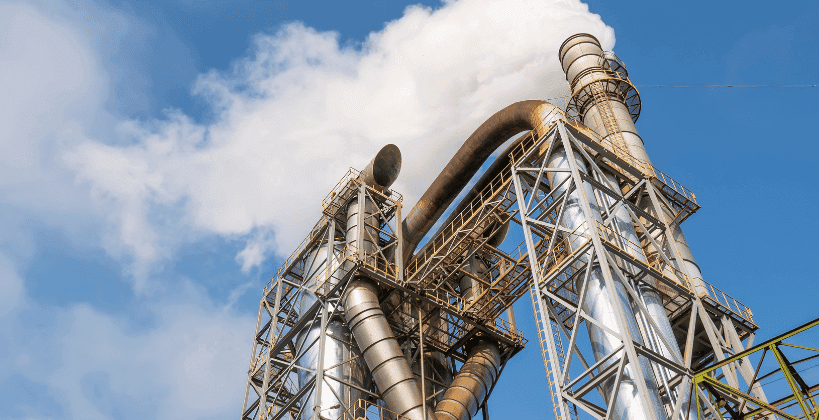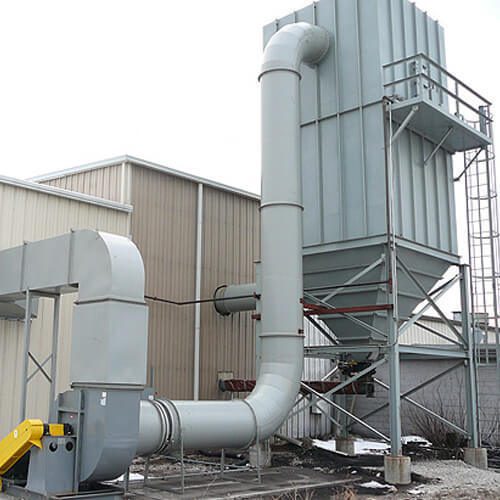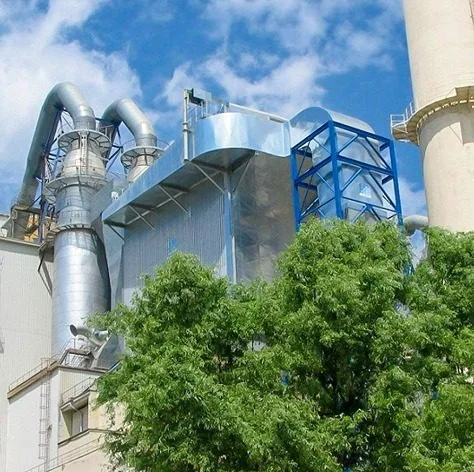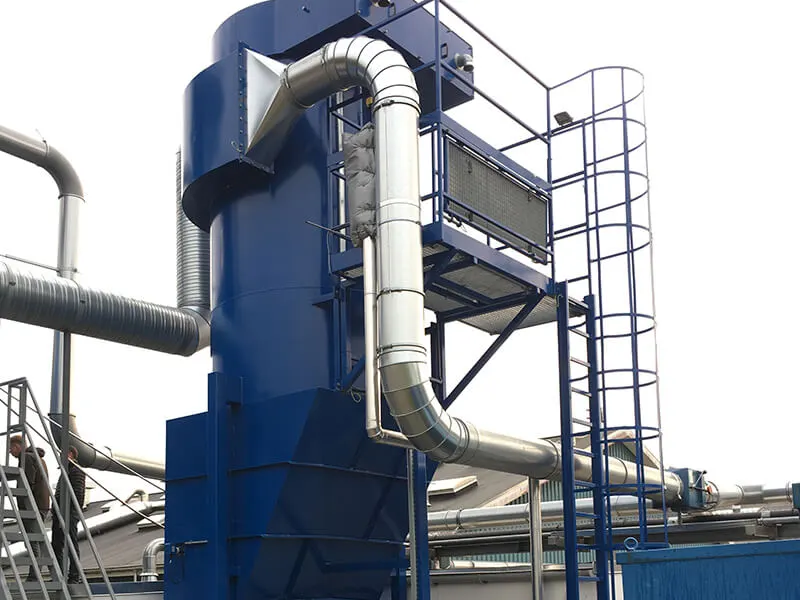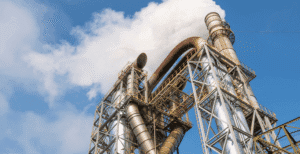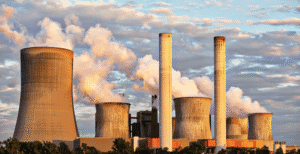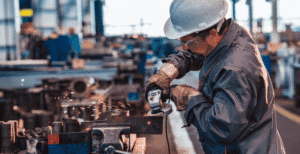Industrial facilities today face increasing demands to maintain cleaner air standards—not just for compliance but for the health of their workforce and overall operational efficiency. An industrial air purification system plays a critical role in meeting these challenges by removing harmful particulates, gases, and contaminants from the air. From manufacturing plants to pharmaceutical units and food processing factories, air purification systems are essential in environments where airborne pollutants could compromise product quality, worker safety, and regulatory adherence.
Industrial operations generate vast amounts of dust, fumes, and chemical emissions. Without a proper air purification system, these airborne pollutants can cause severe health hazards, equipment damage, and even production shutdowns. That’s why industries across sectors have realized that investing in a high-quality air purification system is not a luxury but a necessity. Beyond simple filtration, today’s systems are engineered to address specific industry challenges, offering customized solutions that promote cleaner air while improving energy efficiency and sustainability.
Why Industrial Air Purification Matters
Airborne contaminants can vary significantly depending on the industry. In sectors such as metal processing, textiles, chemicals, or food production, contaminants range from fine dust and fibers to chemical vapors and volatile organic compounds (VOCs). Prolonged exposure to such contaminants can lead to respiratory problems, allergies, skin irritation, and other serious health issues among employees. Moreover, polluted air can affect the quality of products, contaminate raw materials, and lead to costly production losses.
A reliable industrial air purification system mitigates these risks by systematically capturing and removing pollutants before they spread throughout the facility. Cleaner air improves worker morale, enhances productivity, and reduces absenteeism. In a competitive market, maintaining a clean work environment can also serve as a distinguishing factor when attracting talent or seeking client partnerships.
Key Features of an Effective Industrial Air Purification System
High-Efficiency Particulate Air (HEPA) Filters: Capable of capturing 99.97% of particles as small as 0.3 microns.
- Filtros de carbón activado: Effectively adsorb gases, odors, and chemical fumes.
- Energy-Efficient Design: Modern systems integrate low-energy motors and intelligent controls to reduce power consumption.
- Customizable Configurations: Tailored solutions based on specific contaminant loads and facility layouts.
- Low Maintenance Requirements: Self-cleaning mechanisms and easy filter replacement systems to ensure minimal downtime.
- Compliance Certifications: Systems that meet OSHA, EPA, and other regulatory standards ensure easier compliance.
Descubra nuestra gama de soluciones:
Technologies Behind Modern Air Purification Systems
Industrial air purification systems have evolved significantly with advances in filtration technology, smart controls, and material science. Multi-stage filtration setups are common, combining pre-filters, HEPA filters, and activated carbon layers for comprehensive air treatment. Innovations like electrostatic precipitation and ultraviolet (UV) sterilization are also integrated into many systems to capture ultra-fine particles and neutralize biological contaminants.
Energy-efficient models are becoming more prevalent as industries seek to reduce their environmental footprint. Some systems even employ sensor-based operations that adjust airflow and filtration intensity based on real-time air quality measurements, optimizing performance while minimizing energy costs. These systems not only meet today’s demanding air quality standards but are also future-ready, adaptable to evolving environmental and safety regulations.
Industries That Benefit from Air Purification Systems
Virtually every industrial sector can benefit from cleaner air. Manufacturing facilities, paint booths, metalworking shops, chemical plants, food processing units, and even data centers rely on robust air purification systems. In the pharmaceutical industry, maintaining sterile environments is critical; even the smallest airborne particle can compromise a batch of medication. Similarly, in electronics manufacturing, dust particles can damage sensitive components during production.
By investing in an efficient air purification system, industries not only protect human resources but also secure their products and reputation. Cleaner air translates to better operational outcomes, improved employee satisfaction, and higher profitability in the long run.
Precipitadores electrostáticos
How to Select the Right Industrial Air Purification System
Choosing the right system involves evaluating the type and volume of contaminants, facility size, and regulatory requirements. A thorough air quality assessment should precede the selection process to identify specific needs. Factors like maintenance schedules, energy consumption, noise levels, and scalability should also influence the decision.
Some facilities may need portable air purifiers for spot treatments, while others may require central systems integrated into their HVAC infrastructure. It is essential to work with experienced suppliers who can recommend tailor-made solutions rather than generic, off-the-shelf products.
Why Partner with Intensiv-Filter Himenviro for Industrial Air Purification
Intensiv-Filter Himenviro stands out as a leading provider of sophisticated air purification solutions for industrial applications. With decades of expertise in air filtration, dust collection, and environmental management, we deliver systems that combine high performance with energy efficiency and long-term durability.
Our solutions are engineered to meet the unique needs of each client, whether you operate a small manufacturing facility or a large-scale chemical plant. From design consultation to installation and maintenance support, we offer end-to-end services that ensure your air quality goals are met and sustained.
Moreover, Intensiv-Filter Himenviro prioritizes compliance with global air quality standards, ensuring that your operations not only protect worker health but also align with environmental regulations. Our commitment to innovation, reliability, and customer satisfaction makes us the trusted choice for industries aiming for cleaner, safer, and greener operations.
Future Trends in Industrial Air Purification
As industries push towards more sustainable and intelligent operations, the future of air purification is geared towards integration with smart technologies. Predictive maintenance, IoT-enabled monitoring, and AI-driven optimization are expected to become standard features in air purification systems. Additionally, there is a growing focus on recyclable filter materials and systems designed with circular economy principles in mind.
Emerging technologies like nanofiber filtration and plasma-based air purification are also making waves, promising higher filtration efficiencies and broader contaminant removal capabilities. Facilities that invest in these cutting-edge systems today are positioning themselves for a healthier, more sustainable future.
